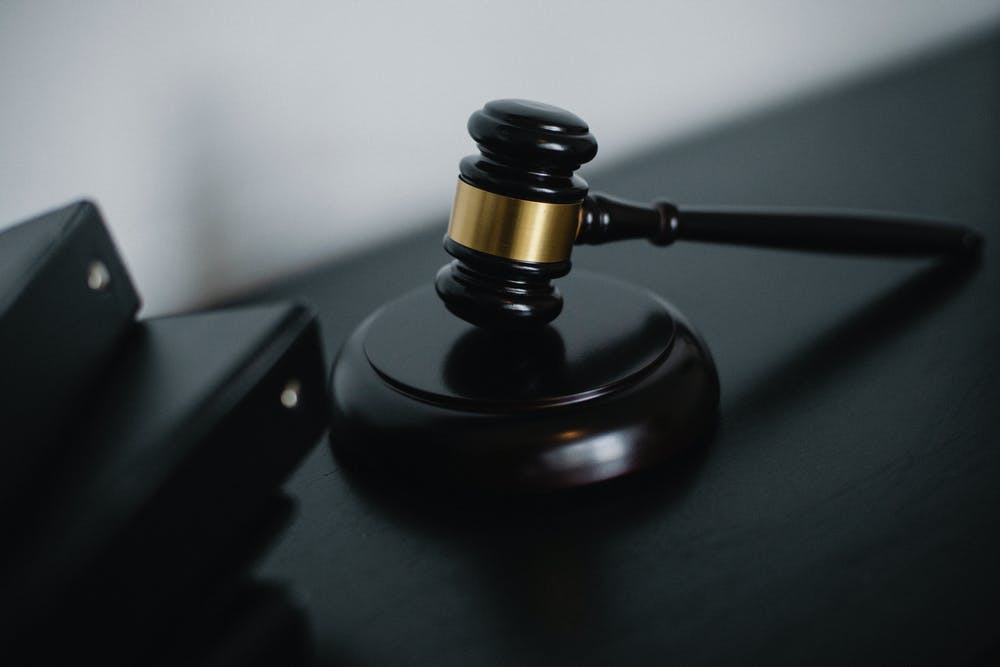
Whether you have been charged, indicted, arrested, or you are (or believe you are) under investigation for any crime, you should learn as much as you can about the potential punishments and penalties you may face if you’re convicted in Utah. This post is a quick and easy way to learn more about the basics of criminal penalty laws and sentencing. The best thing you can do if you are in legal trouble is contact an experienced defense lawyer and go through all the details of your case.
Infractions are minor offenses like traffic violations and some disorderly conduct offenses. There is only one punishment category for infractions.
A fine of up to $750
Misdemeanors are more severe than an infraction and have three different classifications.
Class C misdemeanor - Up to 90 days in jail and up to a $750 fine
Class B misdemeanor - Up to six months in jail and up to a $1,000 fine
Class A misdemeanor - Up to one year in jail and up to a $2,500 fine
Felonies are the most severe crime and have four different classifications.
Third Degree - Zero to five years in prison and a fine of up to $5,000
Second Degree - One to 15 years in prison and a fine of up to $10,000
First Degree - Five years to life in prison and a fine of up to $10,000
Capital Life - Life in prison, life in prison without parole, or death penalty
The facts surrounding a misdemeanor or felony, can make your punishment worse or reduce your punishment. Factors that worsen a punishment are aggravating factors and factors that lessen a punishment are mitigating factors.
Courts use the Utah Sentence and Release Guidelines to determine how to sentence someone convicted of a crime in Utah. Those guidelines explain the things that may mitigate (lessen) or aggravate (worsen) the sentence.
The defendant has developmental disabilities
The defendant is a good candidate for treatment
The defendant was exceptionally cooperative with law enforcement
The victim was unusually vulnerable
The defendant was in a position of authority over the victim
The offense was extremely cruel or depraved
The victim suffered substantial bodily injury.
The defendant is determined to be a habitual offender
The defendant is determined to have committed a hate crime
The defendant committed the crime in the presence of a child
The defendant used a dangerous weapon on or near a school
The defendant committed the crime with two or more other people
The offense was committed while in prison
Many criminal convictions in Utah bring negative consequences (often called collateral consequences) that aren’t punishments given directly by the courts. For example, those convicted of particular crimes might become ineligible for certain employment positions and licenses. The list below is only a few examples of these consequences. The National Inventory of Collateral Consequences of Conviction is a great resource to explore these consequences in depth.
A defendant convicted of a crime has the right to be sentenced in no fewer than 2 and no more than 45 days after the conviction. The defendant can waive that time frame and be sentenced on the day of conviction. However, the alleged victims in the case have a right to speak at the sentencing hearing.
If you are accused of a crime in Utah, contact an experienced criminal defense lawyer at Brown, Bradshaw & Moffat. We focus only on criminal defense and have more than two decades of experience. No matter what phase of the criminal process you are in, our legal team can help you get the best possible outcome.
Call us today at (801) 532-5297 for a free consultation to discuss your case.


